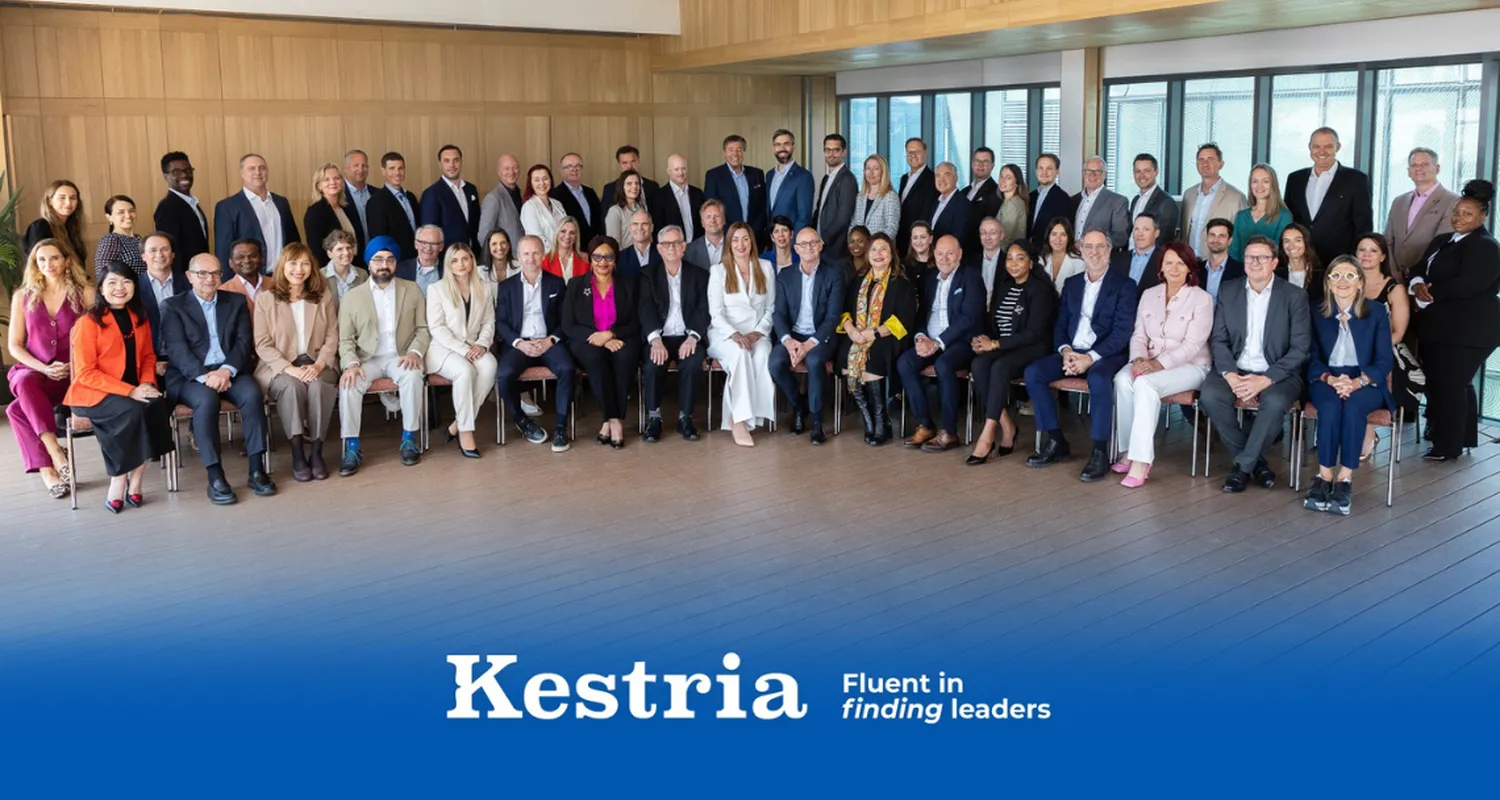This isn’t just a snapshot of trends. It’s a window into how leaders are adapting, what’s keeping them up at night, and where their energy and investment are being focused as they look to build more resilient and future-ready organisations.
Agility is no longer optional
When asked about their top leadership priorities, executives participating in this global survey were almost unanimous: enhancing organisational agility and responsiveness is the number one focus. It’s easy to see why. With market conditions shifting rapidly, the ability to pivot, make timely decisions, and adapt to new realities is now a core leadership function, rather than a competitive advantage.
Technology is a key part of this conversation. More than 80% of leaders said they are either leading or actively supporting digital transformation efforts within their organisations. In the Asia Pacific, this level of involvement is especially high, while in regions like the Middle East and Africa, there are signs of slower progress. In fact, nearly 10% of respondents in those regions reported no leadership-level digital strategy at all—a concerning gap given the speed at which technology continues to evolve.
Pressure from all sides: economics, inflation and uncertainty
It’s not just digital disruption testing leaders. Economic uncertainty, particularly inflation, continues to weigh heavily on executive decision-making. Most organisations are responding by tightening costs while still trying to maintain growth momentum—a delicate balancing act.
There are regional nuances here too. Leaders in Africa and the Middle East, for example, were more likely to favour price adjustments as a tactic for managing inflation, while others leaned toward strengthening financial risk management and scenario planning. Surprisingly, a small but notable group of leaders—especially in the Middle East—reported their organisations had no clear strategy at all for managing economic volatility.
What’s driving concern at the top?
Across all regions, one issue stood out as a pressing organisational challenge: attracting and retaining talent. Whether you’re leading a start-up or a global enterprise, the ability to find and keep the right people is proving critical—and, increasingly, difficult.
Interestingly, while leaders in the Americas placed even greater emphasis on the talent crunch than their peers elsewhere, nearly a quarter of them acknowledged that their organisations don’t have a clear strategy in place to deal with it. It’s a striking disconnect: recognising the issue but not yet acting decisively on it.
In contrast, Asia Pacific leaders appear to be leaning into internal solutions. Upskilling and reskilling existing staff was overwhelmingly cited as the most relied upon strategy to tackle talent shortages—more than double the number who favoured increasing pay or incentives. This speaks to a growing shift away from reactive hiring toward long-term capability building.
A mixed picture on DEI
While diversity, equity, and inclusion (DEI) have become cornerstones of leadership rhetoric in recent years, the reality on the ground is more complex. Globally, slightly less than a third of respondents said DEI is a core part of their leadership strategy. In some regions, the picture is even more concerning. For instance, over 20% of respondents in the Middle East and Africa said their organisations had no DEI strategy whatsoever, while in the Americas, many leaders indicated that DEI is seen as important—but not necessarily prioritised.
This disparity suggests that while the DEI conversation is advancing, its translation into strategy and culture remains uneven—often shaped by local expectations, regulatory context, and leadership mindsets.
The evolving face of leadership
So, what qualities do today’s leaders need most? The survey highlighted three that consistently rose to the top: the ability to challenge ideas and drive innovation, to lead with empathy and emotional intelligence, and to adapt to uncertainty and change. These aren’t just desirable traits—they’re becoming non-negotiable. Interestingly, the emphasis varied by region: Asia Pacific leaders prioritised innovation, Europe favoured empathy, and in the Americas, adaptability was the top trait.
This variation is a reminder that leadership isn’t one-size-fits-all. It’s shaped by context, culture, and the specific challenges at play. But wherever they are, leaders must now balance decisiveness with humanity, strategic foresight with emotional intelligence, and innovation with grounded execution.
Final reflections
The Kestria Global Leadership Barometer 2025 makes one thing clear: while the challenges are global, the solutions are often local. Talent, agility, and digital capability dominate the leadership agenda—but how these are addressed depends heavily on regional dynamics and organisational maturity.
For leaders, the implications are profound. It’s no longer enough to simply react to change. The most effective leaders are those who can anticipate it, adapt quickly, and do so while nurturing people, embracing innovation, and building cultures that are both resilient and inclusive.
This is precisely where Kestria’s unique perspective adds value. As a global executive search alliance with deep local insight, Kestria understands that exceptional leadership is forged at the intersection of strategic foresight, cultural nuance, and global connectivity. Through its extensive international network and commitment to purpose-driven leadership, Kestria partners with organisations to identify, support, and empower leaders who are ready not just to meet today’s challenges—but to shape tomorrow’s opportunities with confidence, empathy, and agility.

